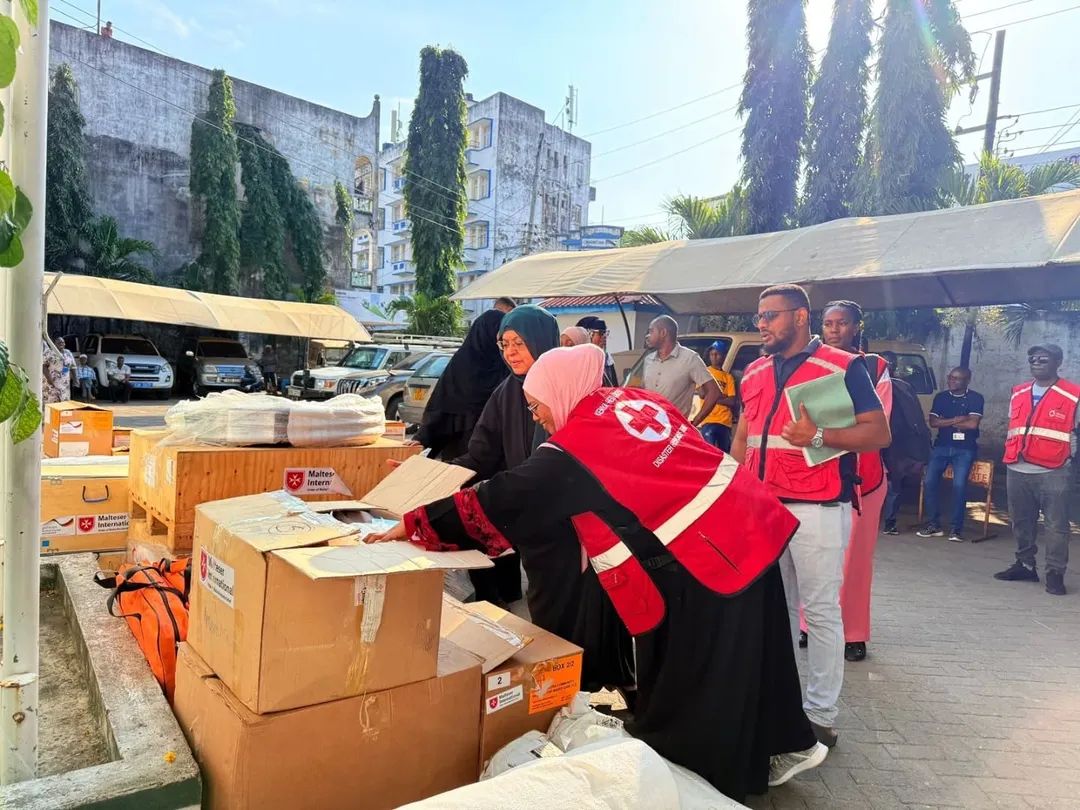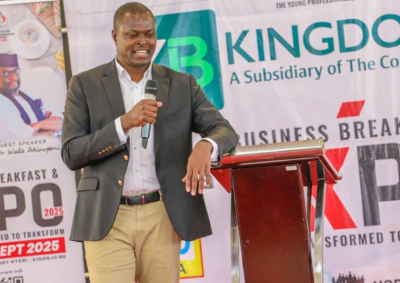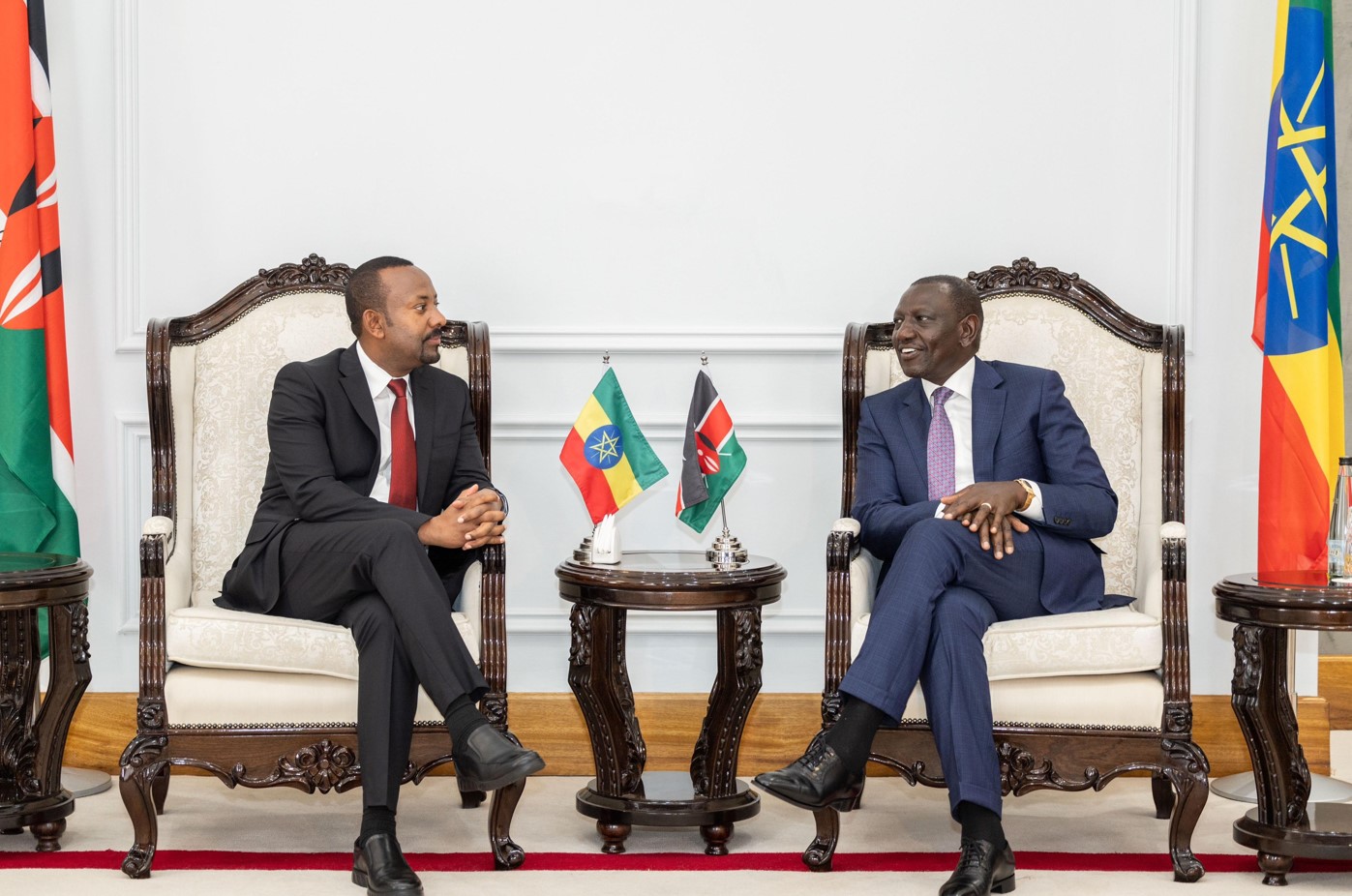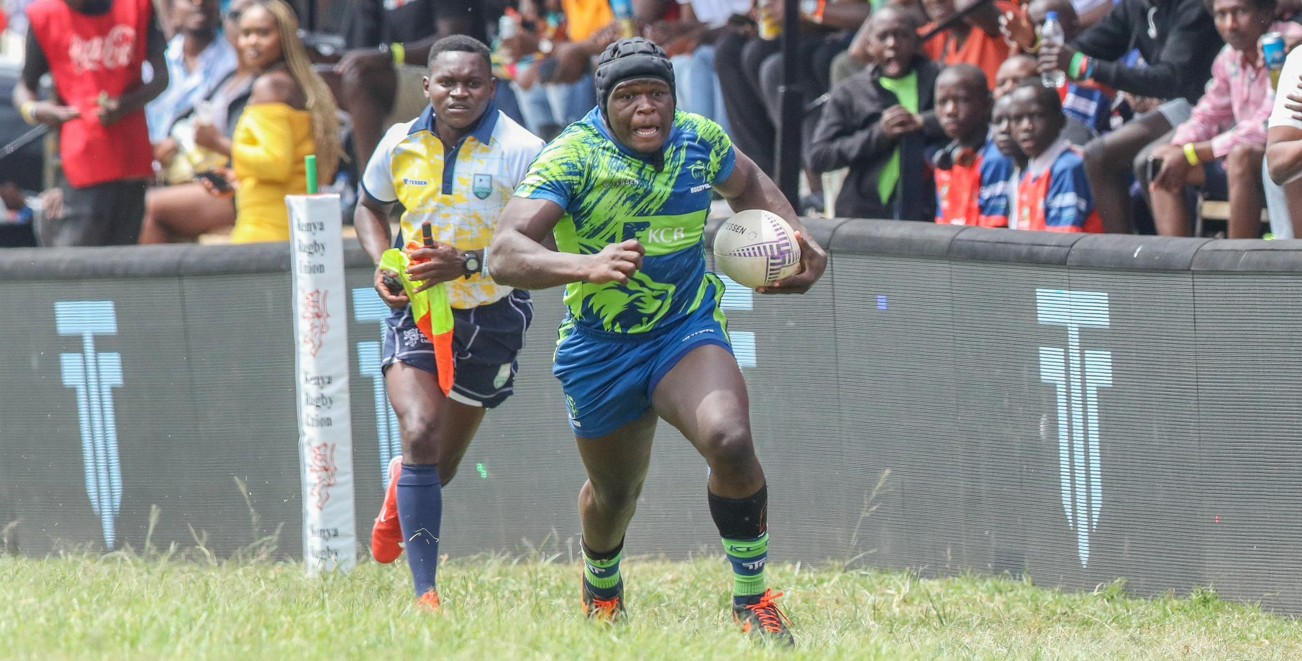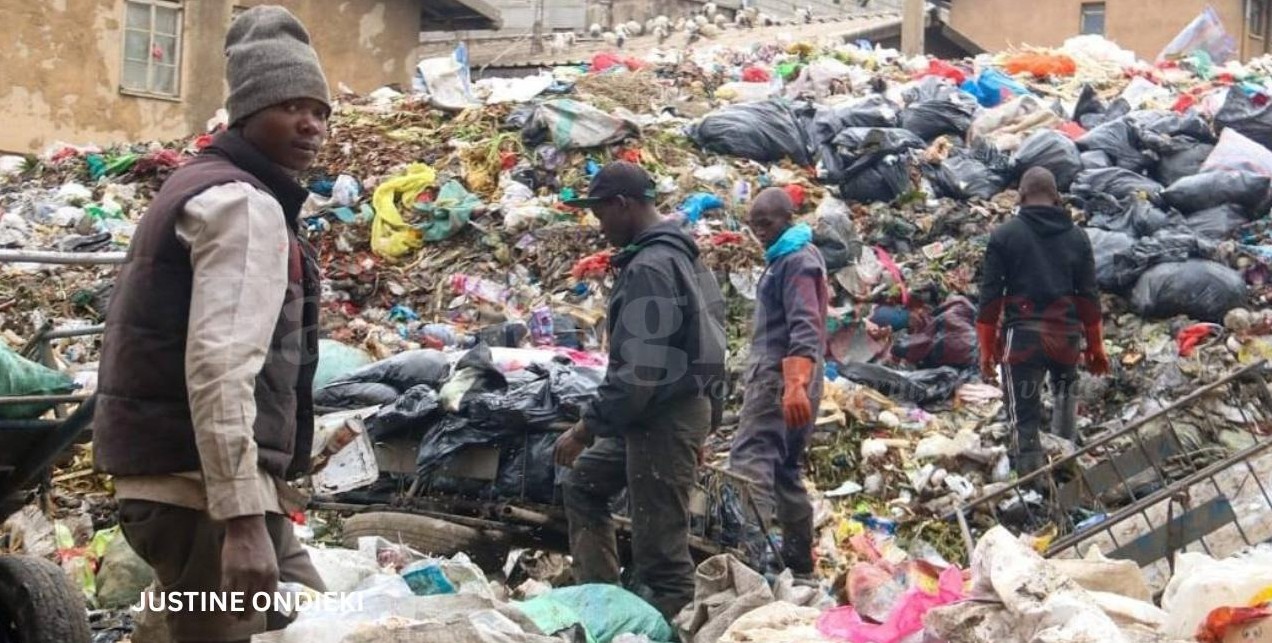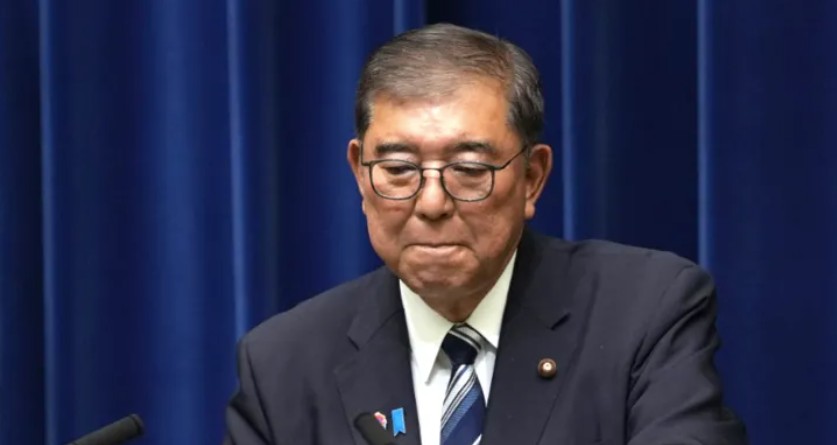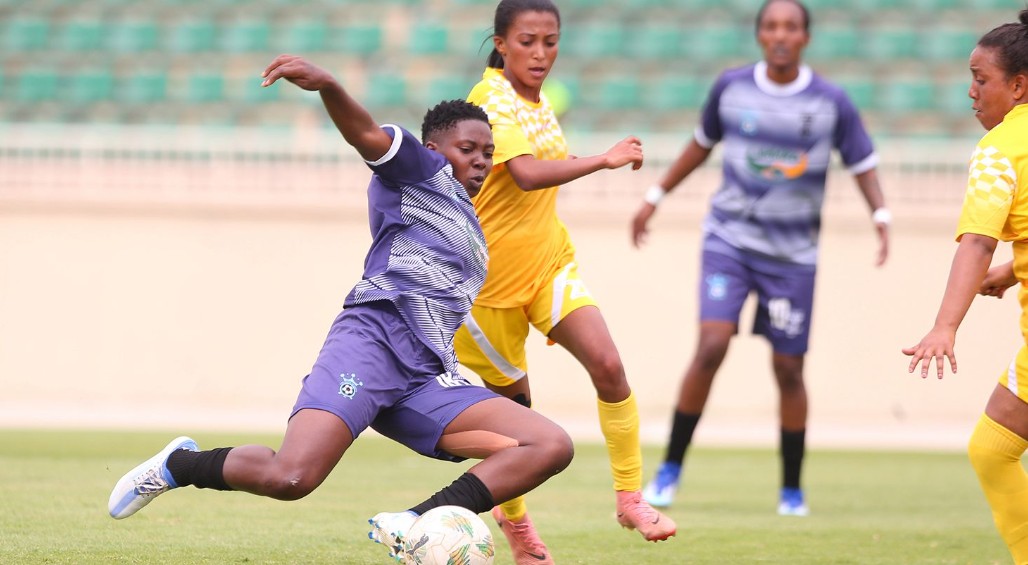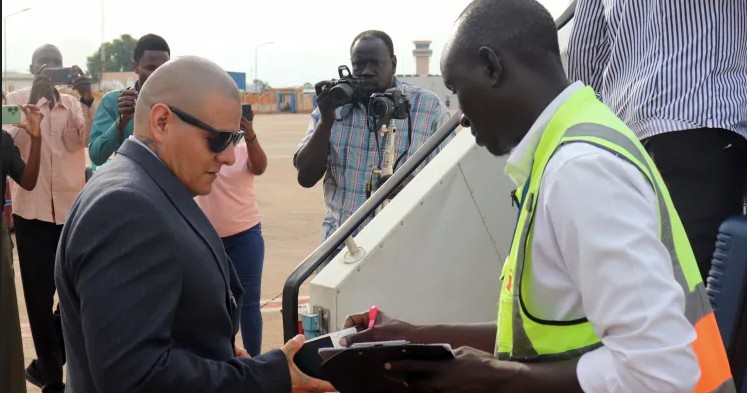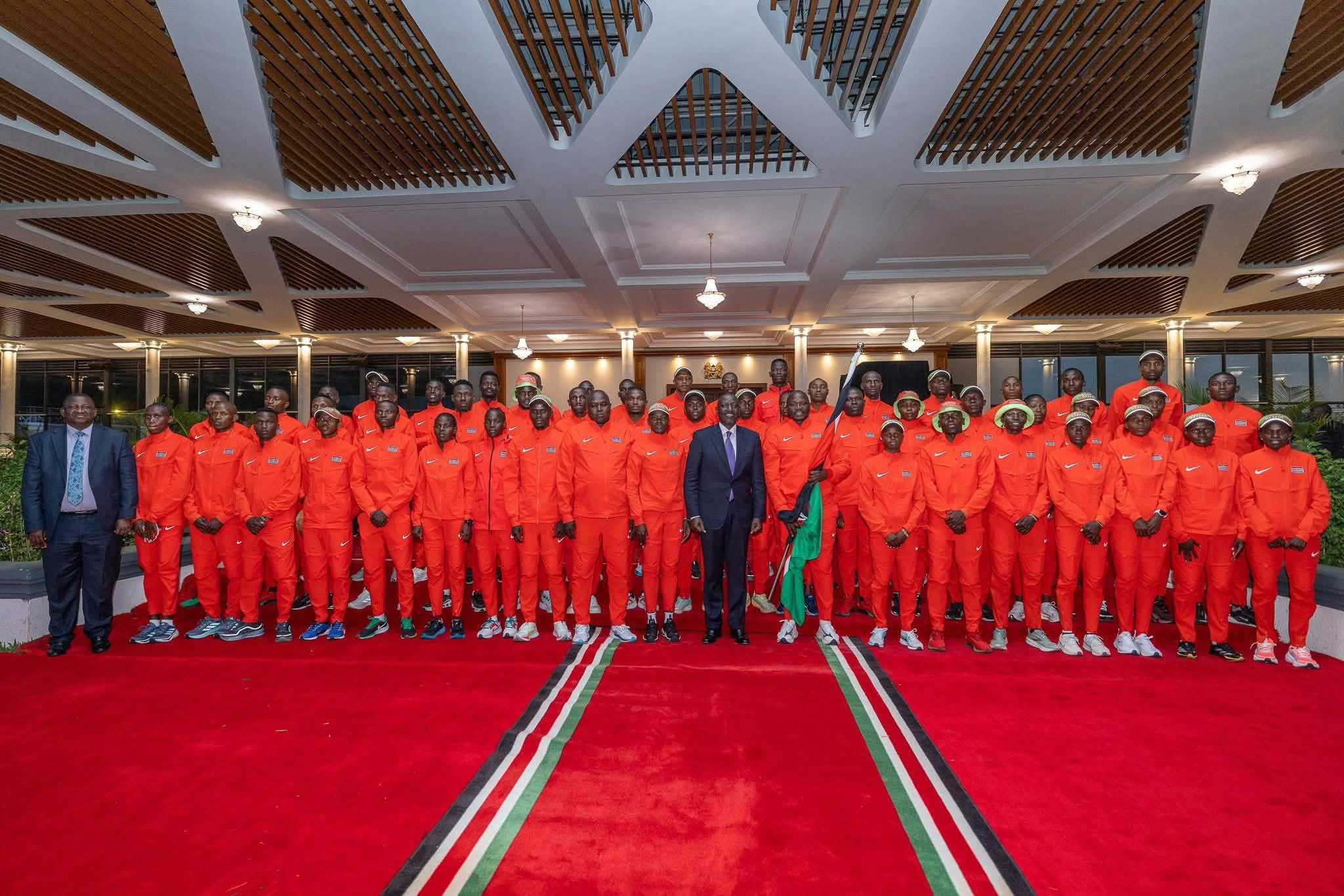IEBC faces Sh3.7 billion debt from 2022 election legal bills as 2027 poll budget hits Sh57.4 billion
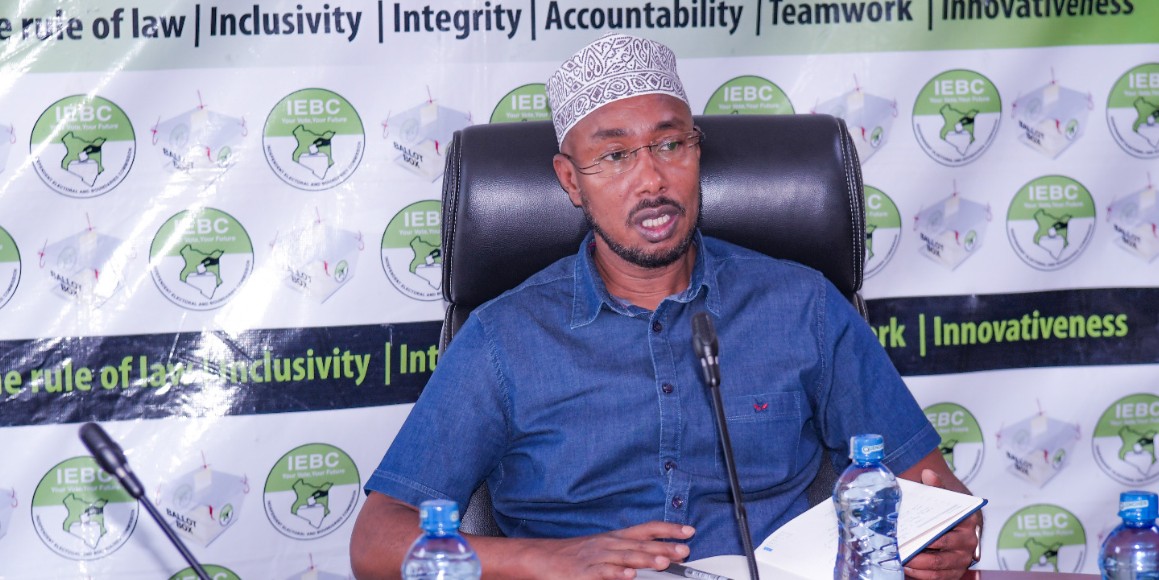
CEO Marjan said the IEBC has managed to cut Sh642.6 million from its legal fees through renegotiation, but warned that financial pressure remains high, with court awards still totaling Sh441 million.
The Independent Electoral and Boundaries Commission (IEBC) is grappling with Sh3.7 billion in pending bills, largely driven by legal costs arising from the 2022 General Election.
IEBC CEO Marjan Hussein Marjan told Senators that the commission is now under pressure from court awards and unpaid legal fees, even as it prepares for the 2027 polls.
More To Read
- Supreme Court rules IEBC secretariat cannot undertake core electoral duties
- Reuben Kigame declares Sh60 million net worth, says 2027 bid will rely on donations
- IEBC spells out qualifications for candidates as 23 seats go to by-elections in November
- ODM announces by-election fees, nomination guidelines
- IEBC announces resumption of continuous voter registration from September 29
- Raila slams IEBC, NPS and DPP, says they have failed Kenyans despite 2010 Constitution gains
Appearing before the Senate Justice and Legal Affairs Committee in Nairobi, Marjan said the debts include Sh2.1 billion in general legal fees, Sh554 million from the presidential election petition, Sh299 million owed to the Postal Corporation of Kenya for election logistics and Sh837 million for various goods and services supplied to the commission.
“The commission anticipates additional legal bills, currently pending the conclusion of ongoing cases, before the end of the current financial year,” he said.
Marjan explained that IEBC has already renegotiated some of the legal fees, achieving a reduction of Sh642.6 million. However, he warned that financial strain persists, with court awards alone amounting to Sh441 million.
“The commission is unable to pay due to budgetary constraints,” he told the committee, adding that he risks being committed to civil jail for contempt of court after failing to honour court-ordered payments.
Auction threats
He also warned of a looming threat of IEBC assets being auctioned to recover court-awarded costs.
On the upcoming general election, Marjan said the commission had initially estimated it would need Sh61.7 billion to conduct the 2027 polls. However, after consultation with the National Treasury, the figure was revised down to Sh57.38 billion.
Marjan also revealed that the IEBC is preparing for 22 by-elections, including 15 for MCAs, but faces a funding gap after receiving only Sh788 million of the Sh1.08 billion required.
Breaking down the by-election costs, Marjan stated that the Baringo senatorial race would require Sh343.6 million, Banissa Sh53.6 million, Magarini Sh71.6 million, Ugunja Sh54.3 million, Malava Sh678 million and Mbeere North Sh59.4 million.
Senate Committee Chairperson Hillary Sigei highlighted the urgency of enacting appropriate legal and institutional reforms, particularly in electoral dispute resolution, to ensure peaceful and credible elections in 2027.
“Article 81 mandates that not more than two-thirds of the members of elective public bodies shall be of the same gender. It also emphasises fair representation of persons with disabilities, universal suffrage, and equality of vote,” Sigei said.
Systemic gaps
He said the 2022 elections exposed systemic gaps and highlighted the need for legislative reforms.
Sigei cited several bills under consideration, including the IEBC (Amendment) Bill, 2022; the Referendum Bill; and the Political Party Primaries Bill.
He noted that some of the unresolved issues from the last polls were captured in the National Dialogue Committee (NADCO) Report, which has since informed various legislative proposals.
One of the resulting laws—the IEBC (Amendment) Bill, 2024, has already been enacted, while others such as the Constitution of Kenya (Amendment) Bill (Senate Bills No. 17 of 2024) and the County Governments Election Laws (Amendment) Bill (Senate Bill No. 2 of 2024) are still under Senate review.
Registrar of Political Parties Anne Nderitu also appeared before the committee and called for key reforms to enhance transparency and internal democracy within political parties.
She said indirect nominations should be restricted to the use of delegates, warning that party organs should not override the role of party members in choosing candidates.
“There is a need to address the mass movement of elected members from their sponsoring parties during periods when by-elections cannot be held, such as within three months before a General Election. This affects Kenyans’ right to representation,” she said.
Nderitu also urged Parliament to mandate the Office of the Registrar of Political Parties to publish coalition agreements to improve transparency and avoid disputes like those seen in the 2022 election cycle.
“There should be legal timelines to ensure disputes regarding resignation, expulsion, or the deeming of a party member to have resigned are resolved promptly,” she added.
Top Stories Today
